Meet Ellis Stump | Screenwriter & Playwright
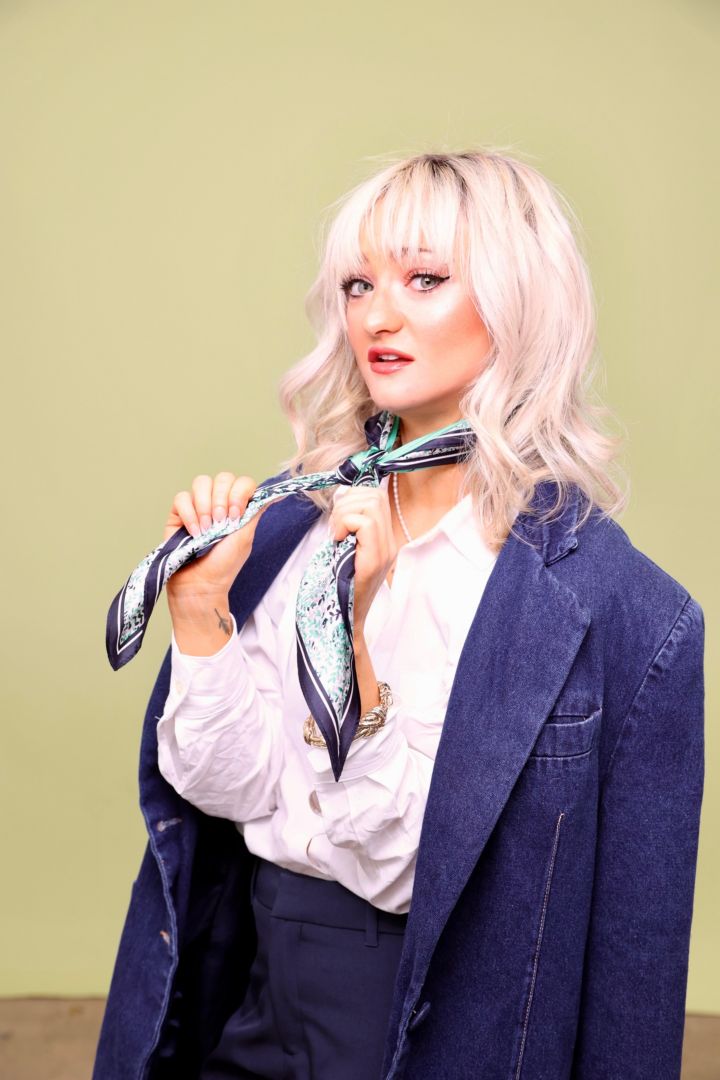

We had the good fortune of connecting with Ellis Stump and we’ve shared our conversation below.
Hi Ellis, we’d love to hear about how you approach risk and risk-taking
Risk-taking has driven and backdropped my entire life, from the moment I decided to leave my small town and conservative community in Amish Lancaster, Pennsylvania, to pursue a preposterous dream in the most chaotic cities and industry. I was in no way prepared or encouraged to move to New York, and now LA, with zero built-in connections, financial support, or safety net. I embarked into the world sans blueprint and guarantees—same as anyone, but especially artists and creatives—and provided for myself by tapping every strategy imaginable.
While I spent years extricating and understanding my internalized shame for aiming so high in the first place, the alternative simply wasn’t an option. I’m a queer, gender-fluid, ambitious, individualistic “schnickelfritz” (Pennsylvania Dutch for “rascal”), and restraining myself to anything less would’ve hurt more than occasionally failing and scraping by.
For the record, I do uphold some values from my upbringing, and I earnestly admire settled, secure lifestyles. Like, I wish I could chill, say less, and clock a 9-to-5; that just never really worked for me. It’s a mystery why, but I was born tragically existential, desperate to believe in a glorious afterlife like my peers, but unable to get behind the logic. I vividly remember sitting in church as a child, as everyone around me wept for Jesus, picturing myself a century in the future as pure bone dust. Yeah, I’m a hoot at parties. Also, if Hell does exist, I acknowledge that’ll suck for me.
For that reason, determined to make my journey on Earth worthwhile, I can’t bring myself to deny any potentially wonderful opportunity. Of course, I experience panic and anxiety. My comfort zones rock, my trauma triggers are loud, and I’m a sensitive soul. But I grip the sink, stare down my reflection, and remind myself my time is finite, so nothing’s that serious, embarrassing, or devastating. The payoff will either be spectacular, educational, or iconic, and I’ll always applaud myself for trying. Basically, I’d rather say, “well, that happened!” with a sitcom laugh track, than die wondering “what if?”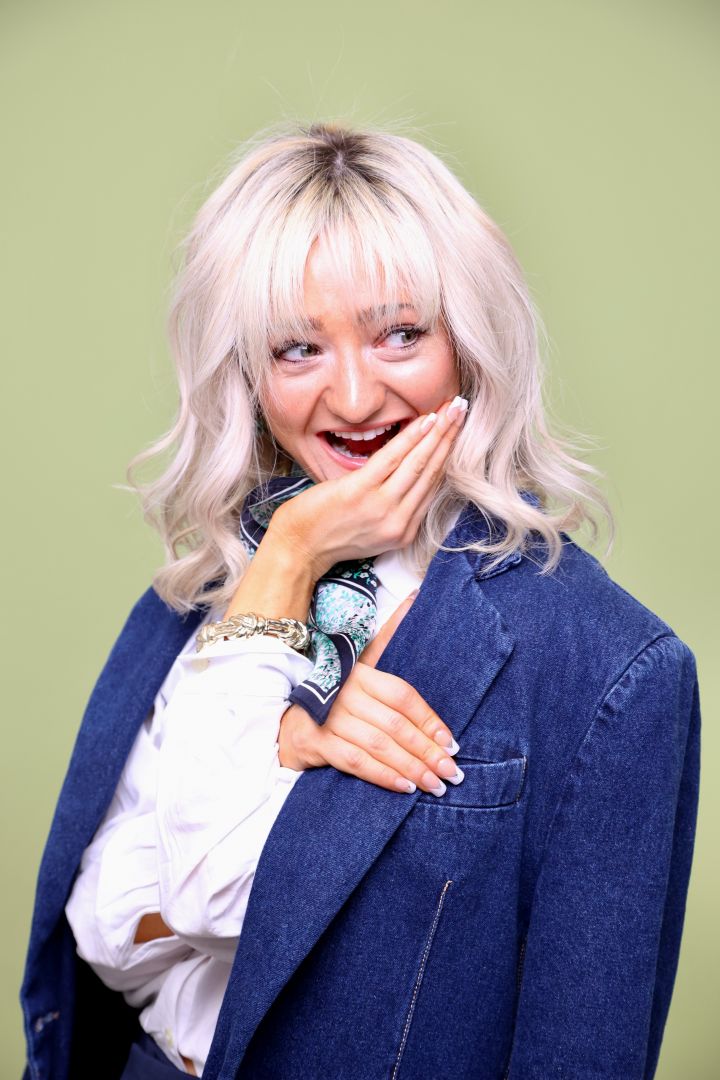
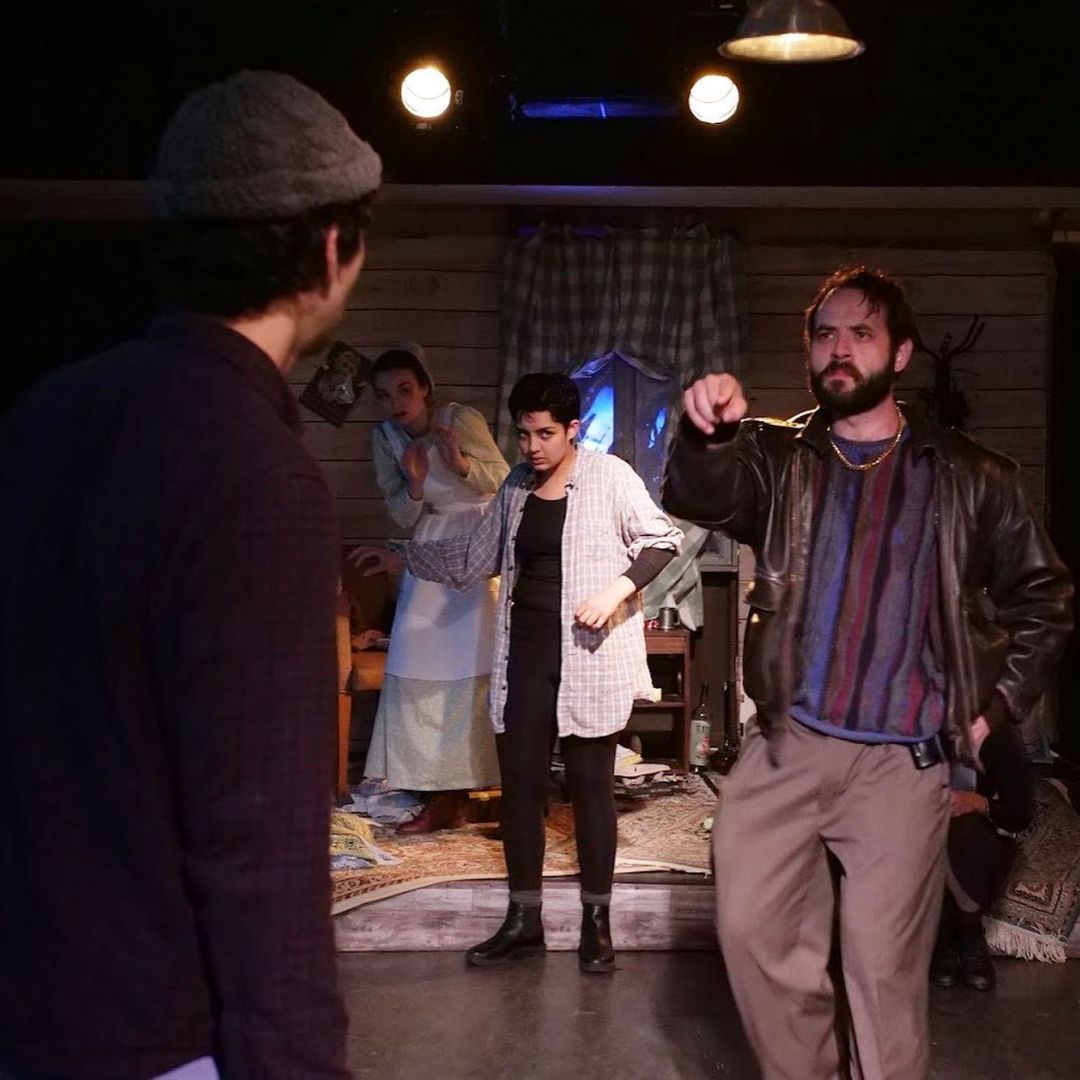
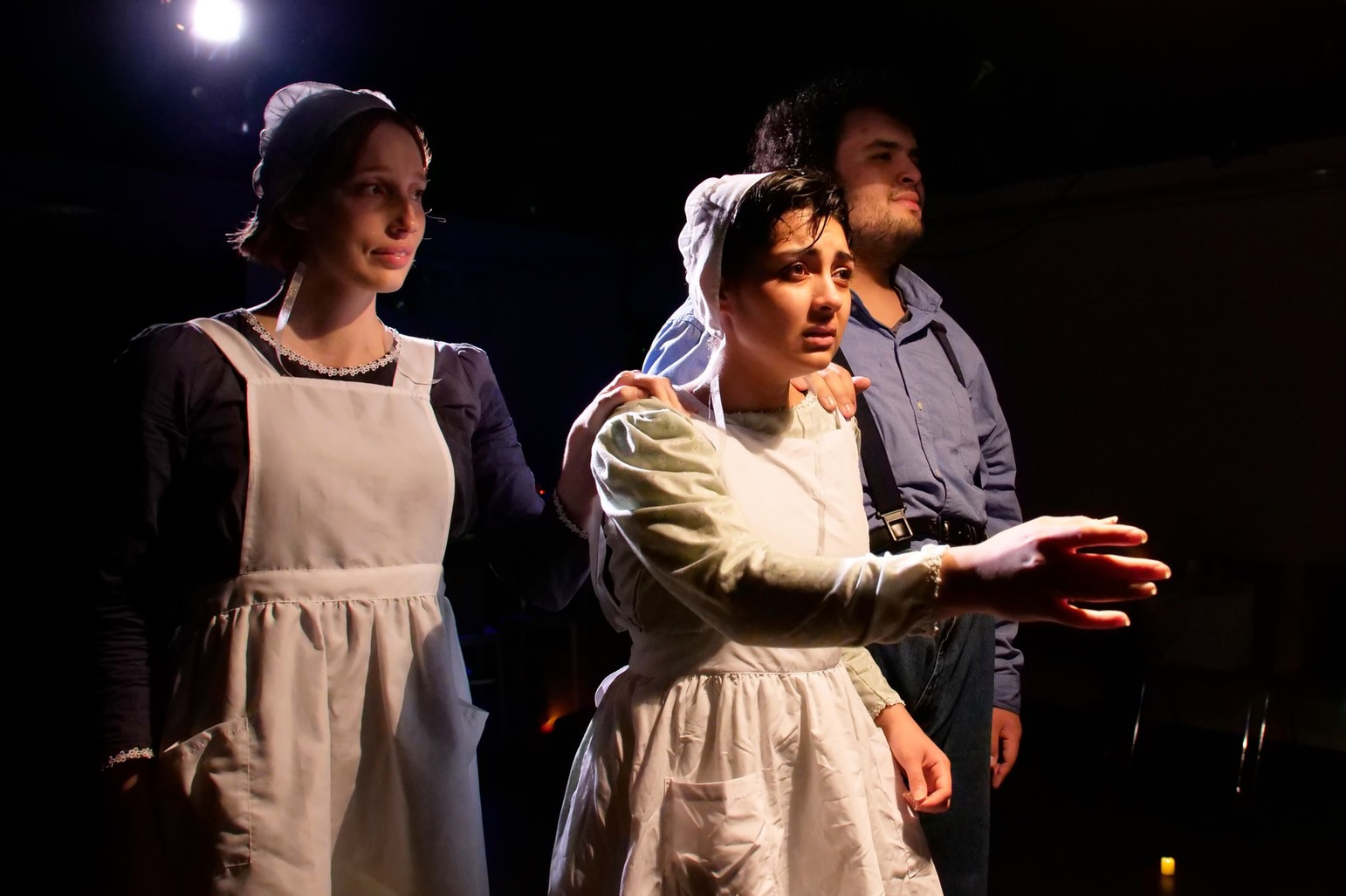
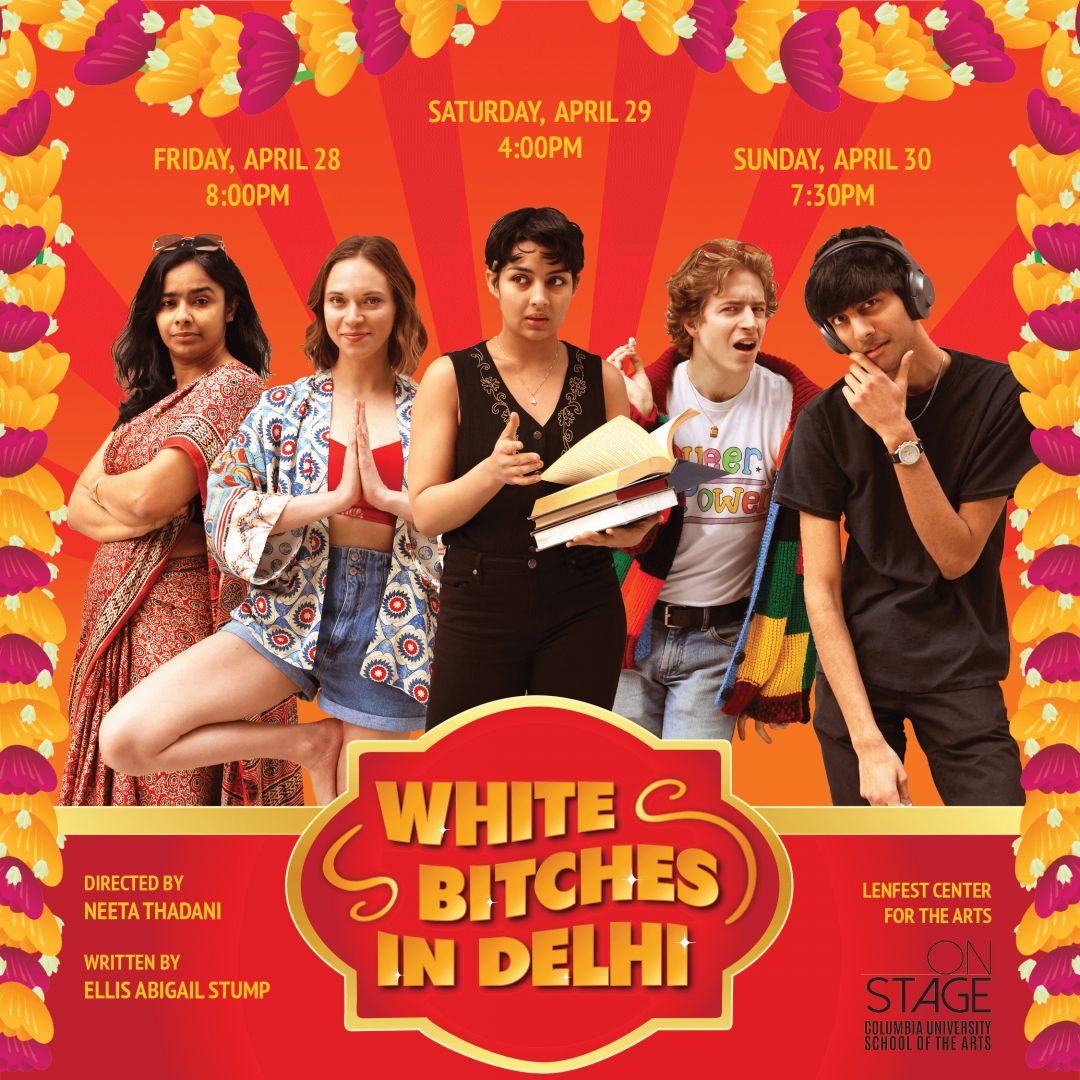
Can you open up a bit about your work and career? We’re big fans and we’d love for our community to learn more about your work.
With openness and enthusiasm, I’ve welcomed in colleagues and mentors I can thank for literally everything. Truly, I’m so grateful for my chosen family and guardians, who have appreciated my worldview, taken a chance on my raw unpolished talent, and believed in my work ethic and potential. Awards and accolades add credibility, for sure, and you obviously need solid samples to back you up. Those factors get interviews. But positive, cooperative people skills get and keep jobs, mentorships, and collaborations.
How did you come up with the idea?
I wrote what I consider my first professional play two or three years ago, in the Columbia MFA program, which I’m now developing for both TV and film. In a few words, it’s about lesbian Amish meth addicts on their Rumspringa, in Lancaster County. Rumspringa is the rite-of-passage for Amish teens to explore modern life and sins, before permanently committing to either world. These characters are essentially trapped, forbidden from being themselves inside their Community but struggling to survive outside it, equipped with middle-school educations and limited applicable skills. Fairly enough, 80-90% of kids end up going home.
It’s a heartfelt comedy, naturally, because humor is my coping mechanism of choice. I wrote it to shed lantern light upon real issues unfamiliar to some audiences, at the intersections of rural poverty, religious influence, and toxic dependencies. Before you ask, it’s definitely totally not inspired by my personal narrative and dedicated to my clandestine high school girlfriend.
I’ve been writing forever, but I used to try and conceal any autobiographical elements. “Write what you know” felt self-indulgent, for some psychological reason I should address in therapy, and I have a highly active imagination. The play that got me into Columbia was about rich kids in NYC and LA, which is hilarious and endearing in hindsight, considering I’d only ever visited Times Square as a tourist.
I thought I was giving the people what they want, afraid to come off as too unsettling or unrelatable to the general public, with my myriad of quirky adventures. What I discovered instead, as I began opening up and by that I mean oversharing at functions, is the universality of the human experience. We’re all on conflictive quests for meaning, independence, and belonging. We all love, lose, yearn, learn, experiment, and eventually come of age. We all play the fish-out-of-water, whenever we step away from the old and into the new.
Some projects I’ve developing currently center suicidal Disney adults, polyamorous professional mermaids, backpacking hostel employees, and privileged white saviors in India arranging a traditional marriage for the dowry money. So while I’ve strayed from purely autobiographical tales, thematically, all my dark comedies and satires are about finding reason, joy, and self-awareness, within insular subcultures.
As for coming up with these ideas—every night, I dream in a three-act structure, with fully dimensional characters. So that’s a vibe.
What is the most important factor behind your success?
Honestly? I think it’s simply being kind and warm and somewhat silly in social settings. Entertainment is a collaborative industry. It’s run by people gathering in rooms, sharing common feelings and unique stories and backgrounds, then layering all that into something one-of-a-kind. AI can’t replicate that process. Solitary writing and art-making is often romanticized as a necessary martyr act, but in my experience, teamwork only adds life and love.
That said, as definitively not a nepo baby, I’ve had to initiate, navigate, and maintain all my own creative and professional connections. I start conversations at events, send shameless self-intro emails, and recently got into handcrafting homemade business cards. I write a discussion question on each. Steal this idea, it works like a charm.
With openness and enthusiasm, I’ve welcomed in colleagues and mentors I can thank for literally everything. Truly, I’m so grateful for my chosen family and guardians, who have appreciated my worldview, taken a chance on my raw unpolished talent, and believed in my work ethic and potential. Awards and accolades add credibility, for sure, and you obviously need solid samples to back you up. Those factors get interviews. But positive, cooperative people skills get and keep jobs, mentorships, and collaborations.
What’s the most important lesson your business/career has taught you?
Perfection isn’t possible! Some major differences between writing for fun and writing for work are external deadlines, others’ opinions, and strict parameters, which are all super delightful and completely adverse to personal perfection.
However, not only is perfection a hoax, but it also looks different to everyone. One person’s sloppy, humilitating trash draft is another’s totally solid, workable script. In fact, I’ve noticed the more I relax and detach, the better something turns out.
To echo my first answer, the only way through this is by dismissing the final destination and choosing to appreciate the journey. The ending isn’t promised, nor going to match any definition of perfect, so the process may as well be worthwhile. No surprise, this lesson translates into all areas of life. It’s taught me to just try, start, show up, and shake off my own unproductive standards and fears. I’d rather be happy and proud than “perfect.”
Work/life balance—how has your balance changed over time? Why do you think about the balance?
Okay, so I’ll likely always be a workaholic, unable to ignore the muse at 4 am on random weeknights and often forgetting to take breaks. In my defense, writing is both my work and life. She’s my bread and butter and soulmate. It is what it is. But, I do know I can’t create when depleted. It’s cliche, but you can’t pour from an empty cup. With that knowledge, I’m gradually improving at the practice of moderation, by scheduling fixed times to socialize and destress. I feel less guilt about stepping away from my laptop, knowing I’m only doing a service to the project.
Now, when I feel burnout creeping in, I separate myself from technology and go outside—perhaps to return to my roots. My personal fave ways to recharge are thrash dancing around, going on a hot girl walk with an audiobook and my phone on Do Not Disturb, doing my skin care or nails, and collaging, but to each their own.
Who or what are you inspired by?
The girlies and gays, my muses and role models.
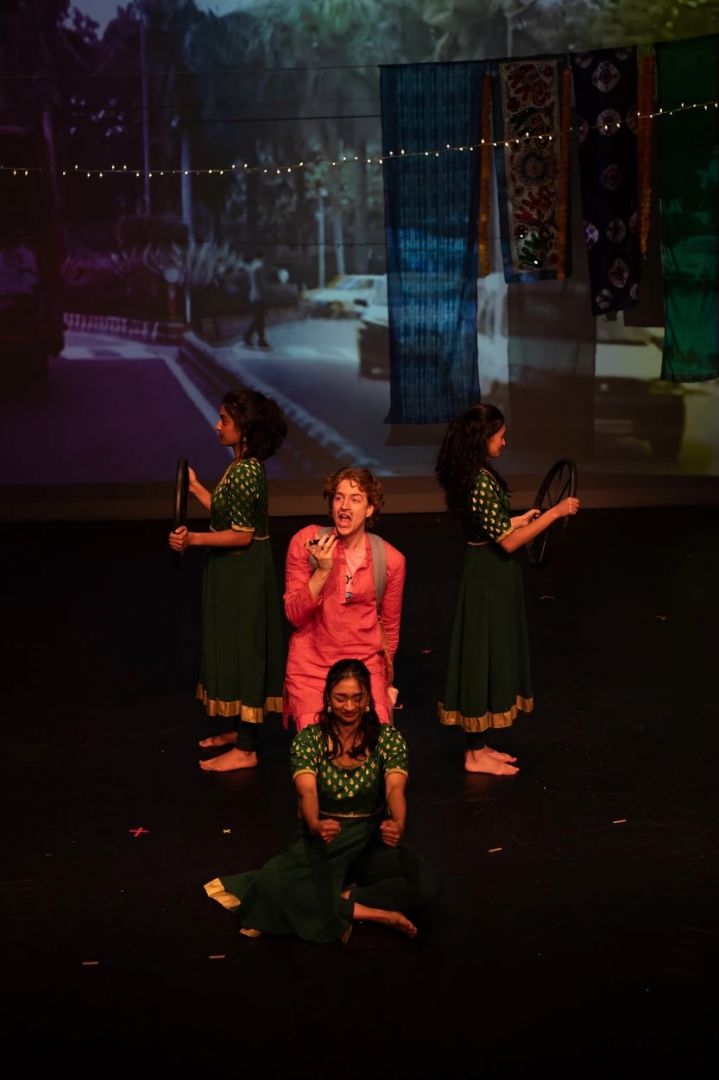
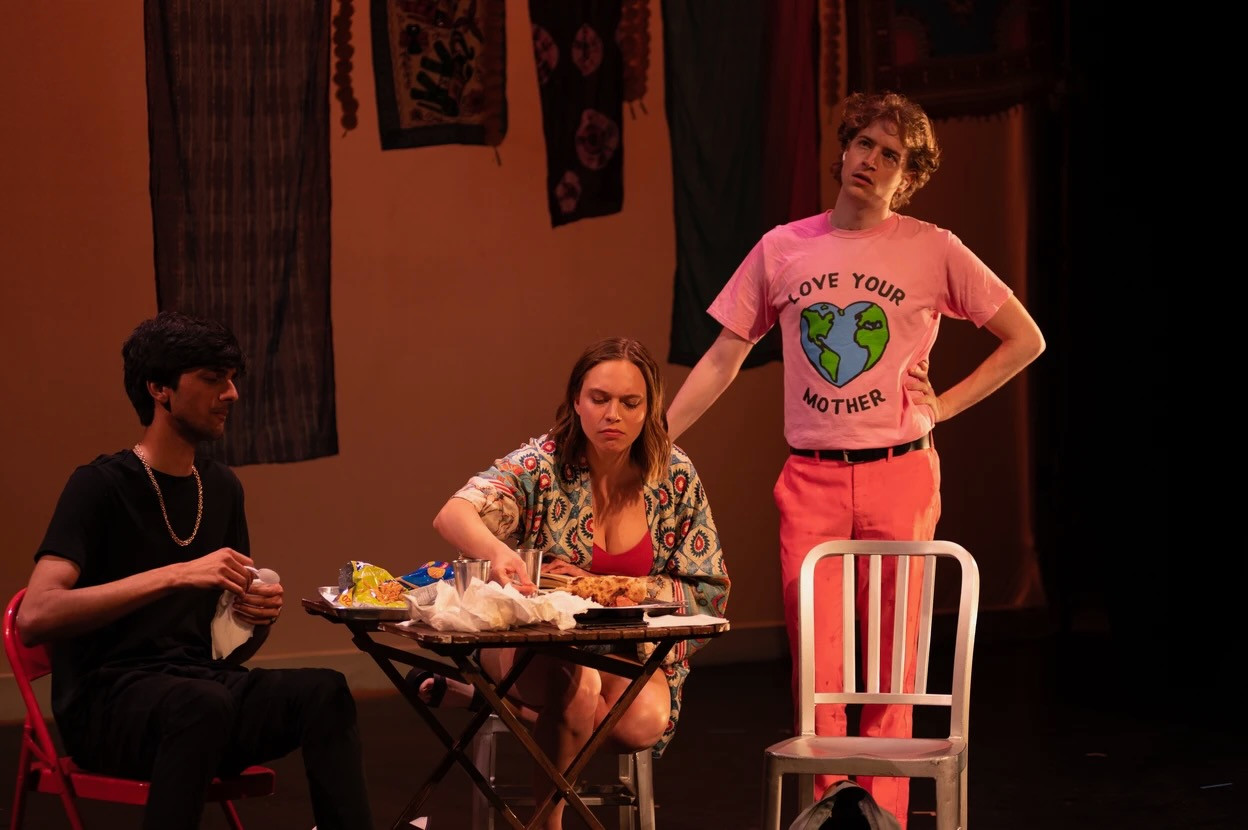
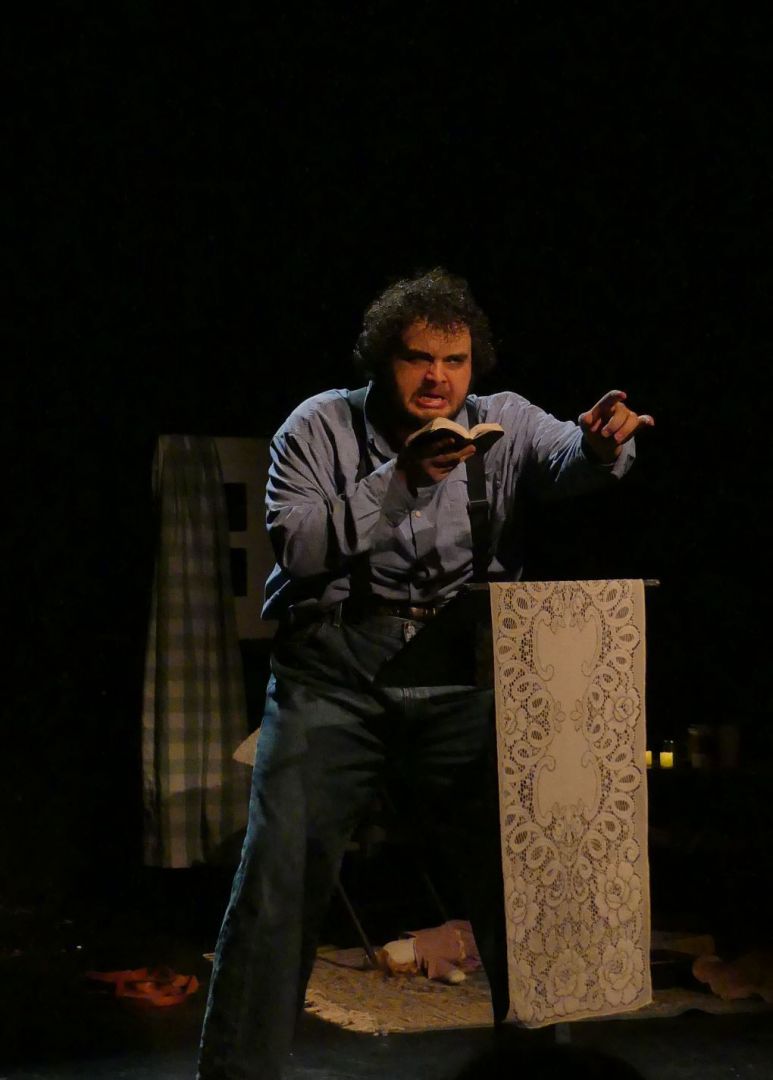
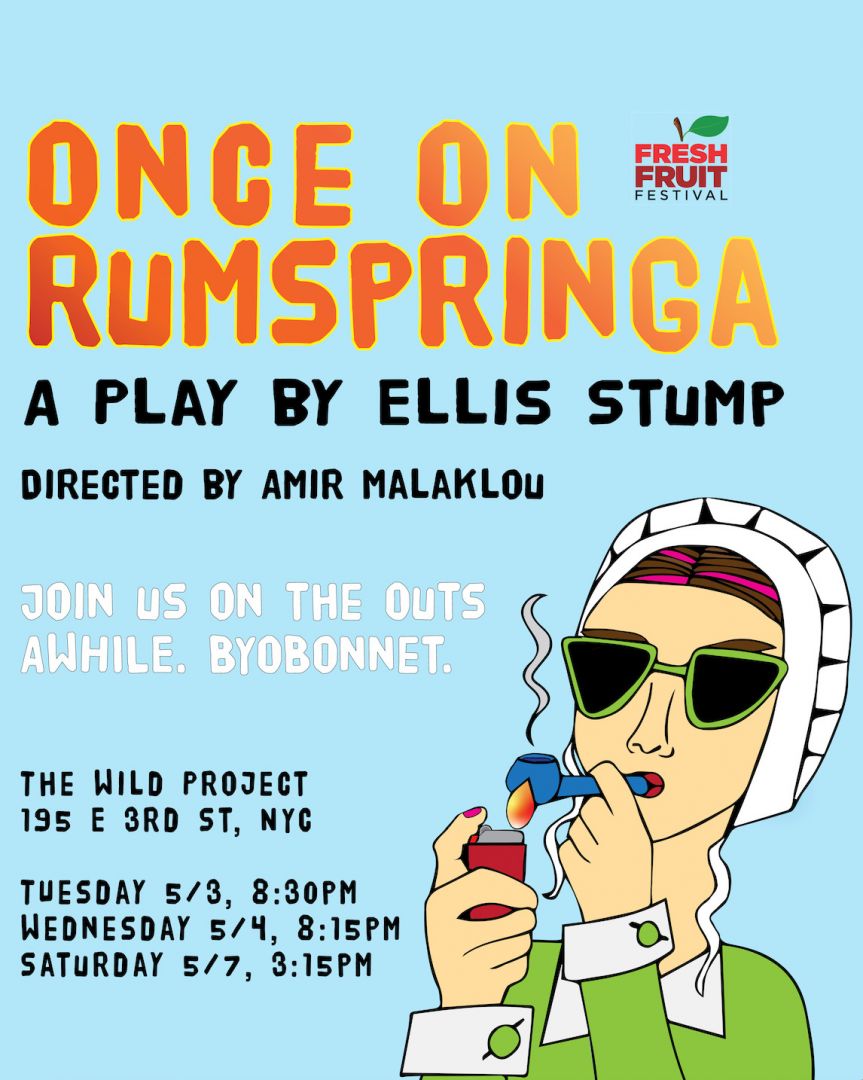
Shoutout is all about shouting out others who you feel deserve additional recognition and exposure. Who would you like to shoutout?
I owe everything to the collaborators and mentors who have taken a chance on my potential, believed in my work ethic and worldview, and helped guide my artistic and professional journeys. David Henry Hwang, Lynn Nottage, and the entire Columbia University MFA community get special shoutouts, for teaching me how to structure my stories and granting me access to surreal networking opportunities. More personally, I’d be lost without my chosen family members. As you’ll see, my whole life has been a quest for unconditional belonging and connection. I do what I do because I love sharing and creating emotional experiences with others. So, friends and fam, thank you for putting up with me, across my ever-changing eras and insecurities and writing benders.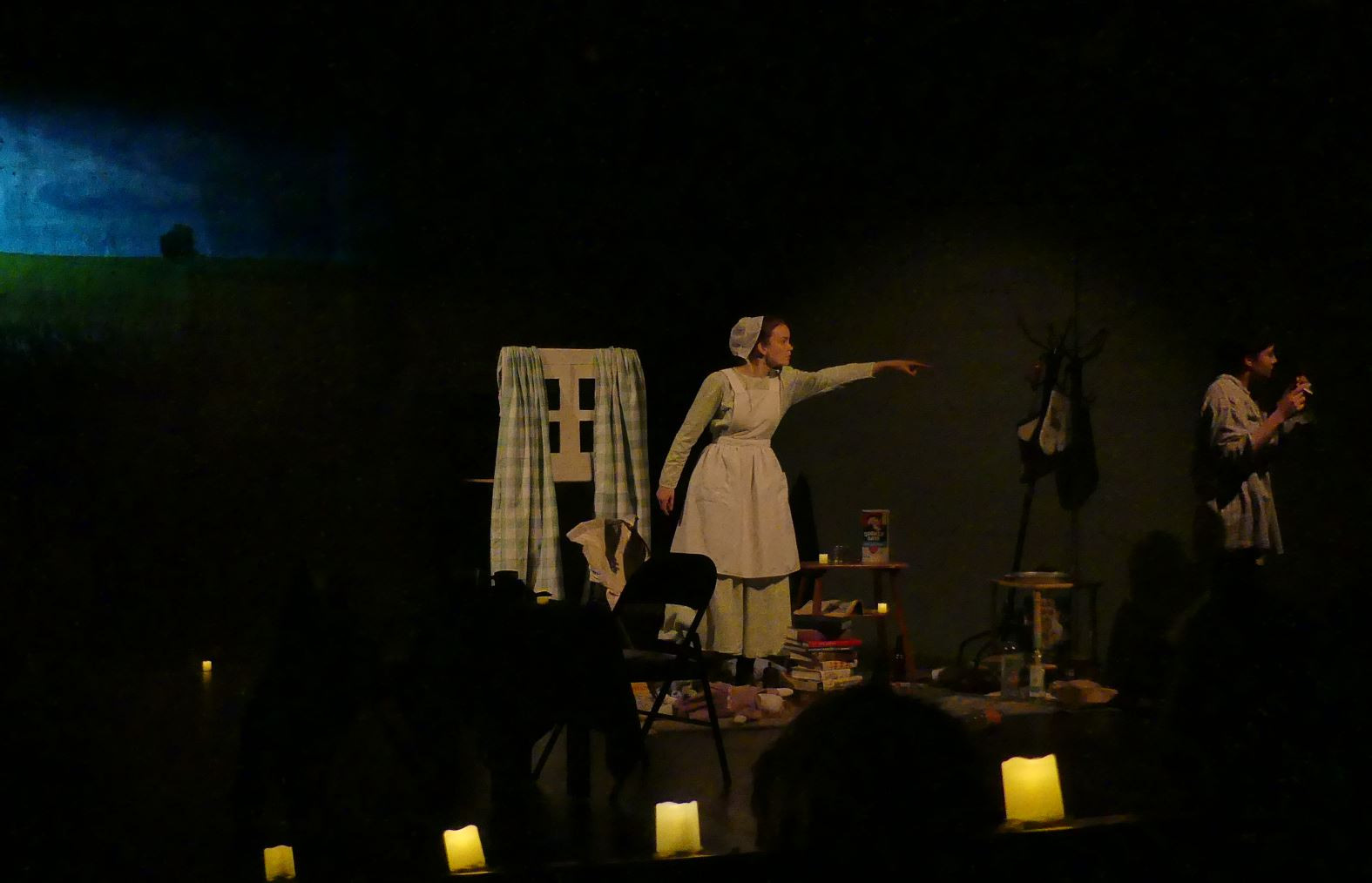
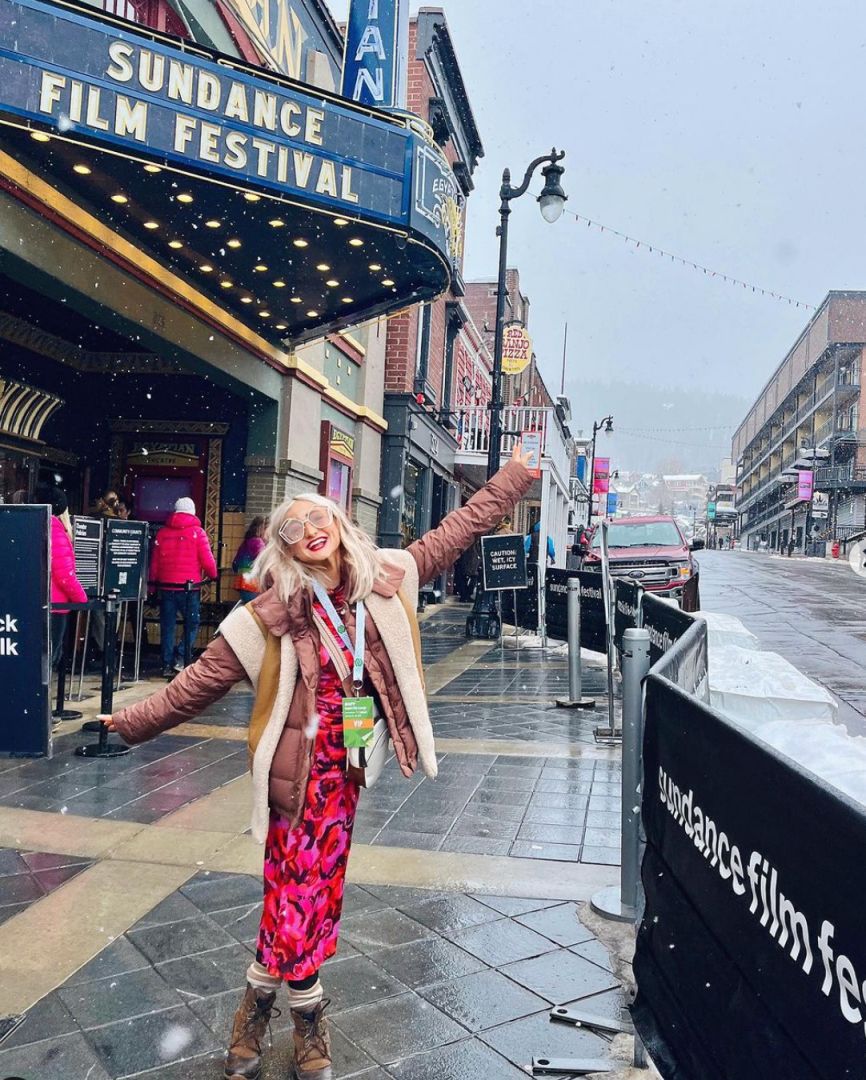
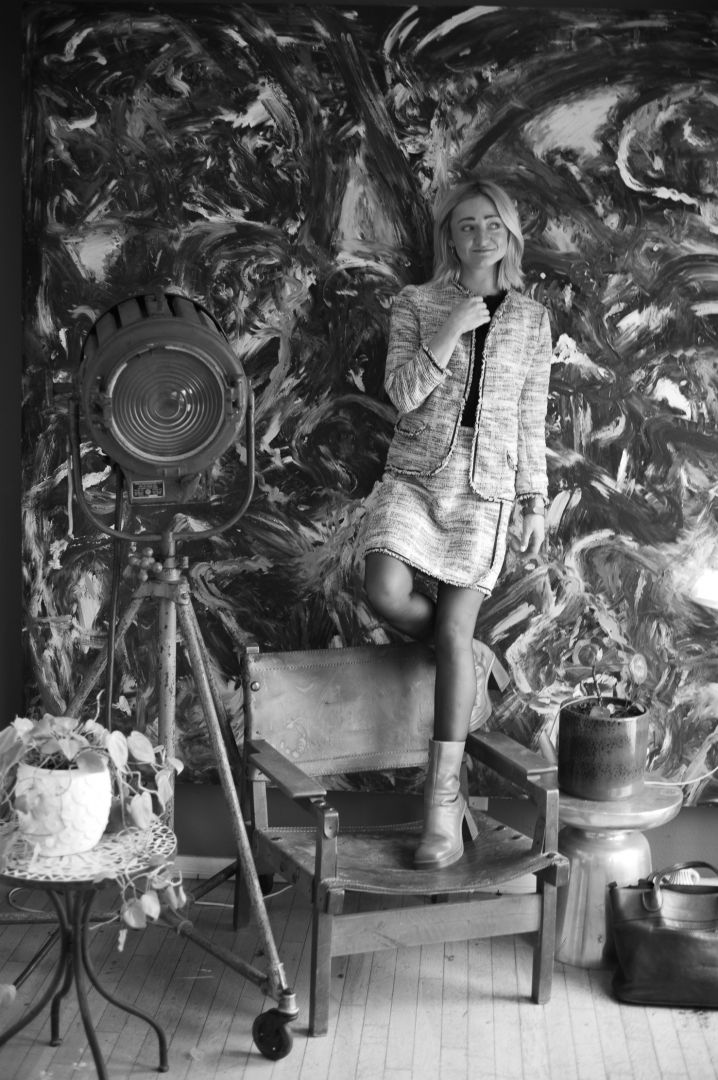
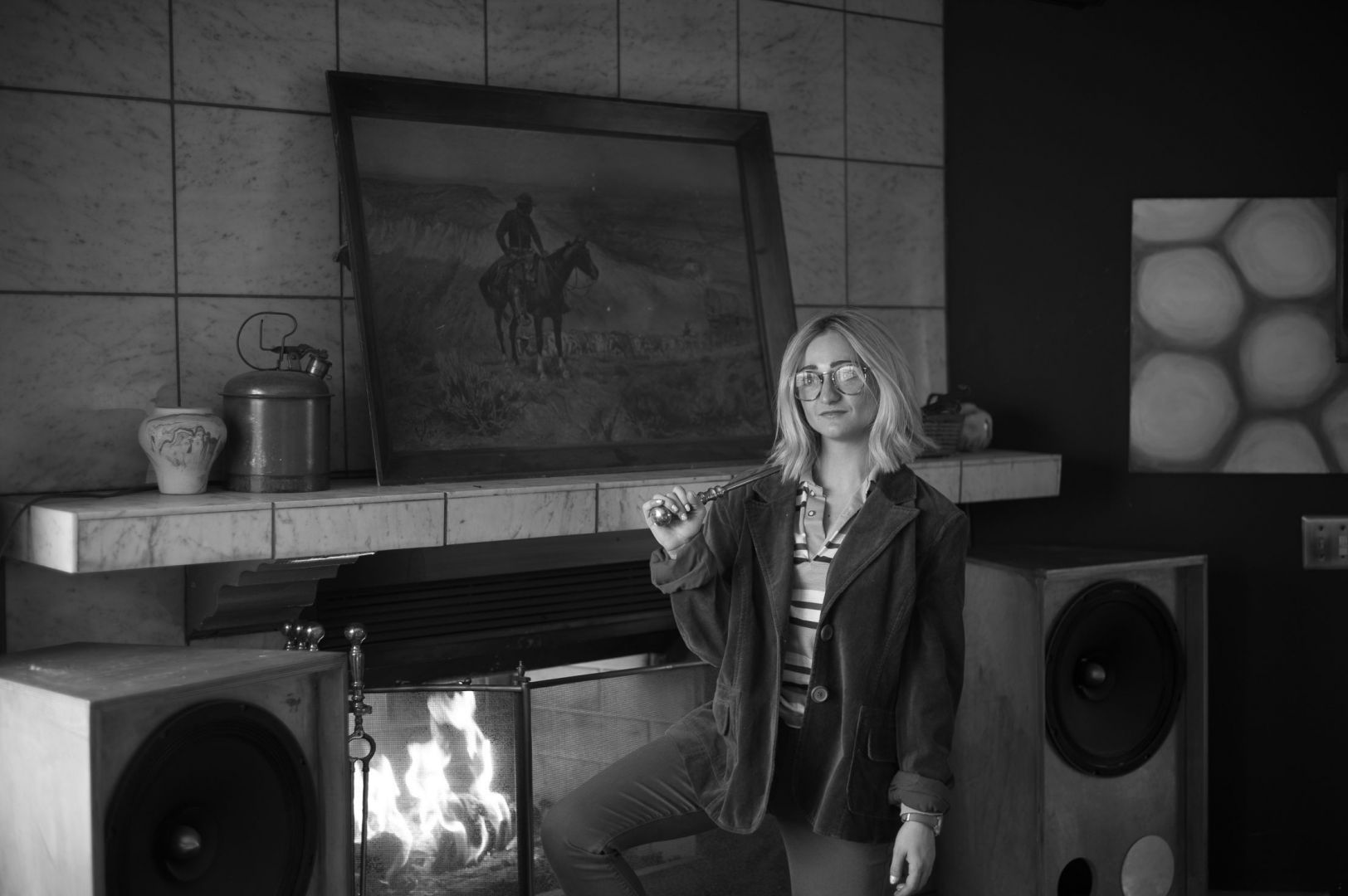
Website: ellisstump.com
Instagram: ellis_liketheisland
Image Credits
Emily Hulbert Andrew Freeburg
